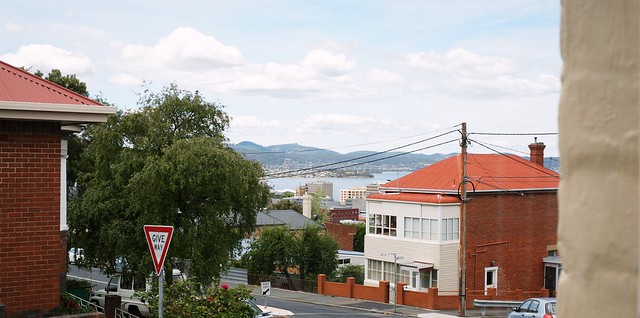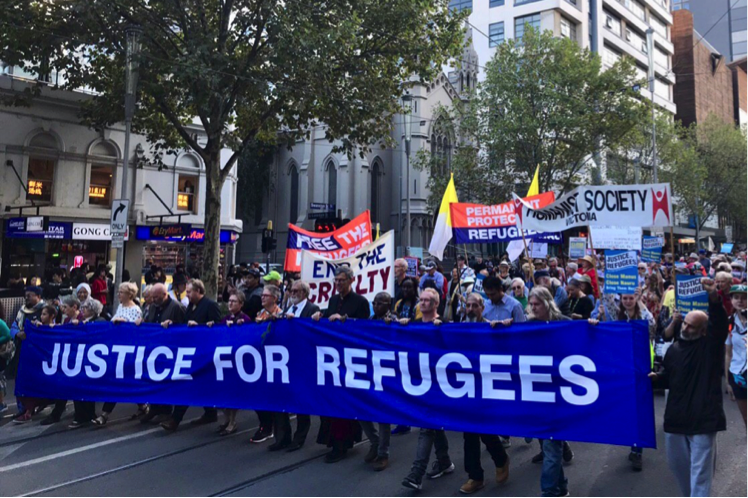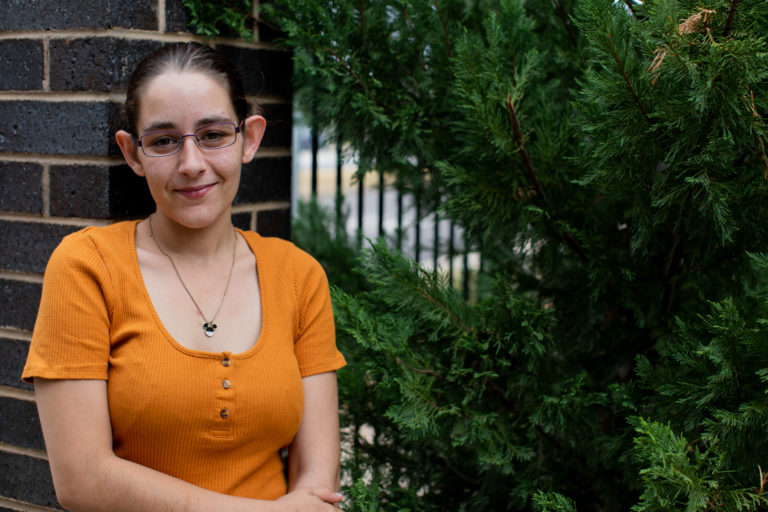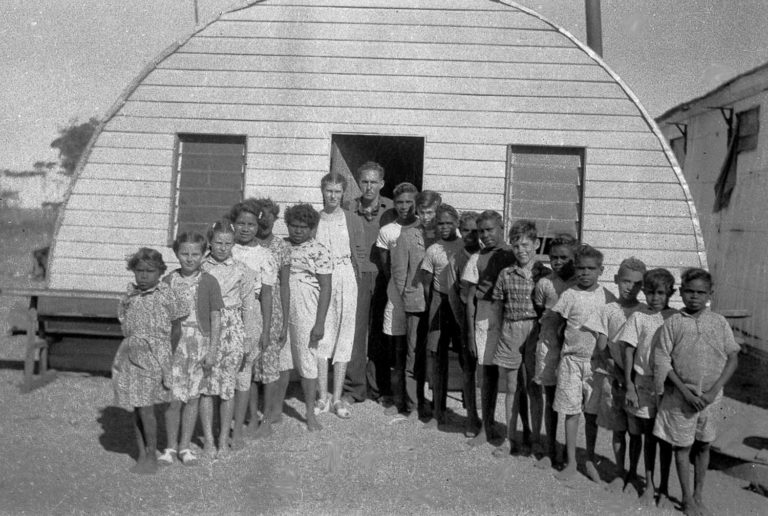
The Rights Pathway for Action on Climate Change?
Jacqueline Peel and Hari M. Osofsky explore whether communities vulnerable to the severe threats of climate change can claim their human rights have been breached.

Jacqueline Peel and Hari M. Osofsky explore whether communities vulnerable to the severe threats of climate change can claim their human rights have been breached.

Anika Baset writes about confronting evidence of racial violence, modern slavery, and domestic servitude in Lebanon.

Oppressive heat, humidity and poor ventilation: how Australia’s carceral system weaponises more-than-human forces, like the weather.

Thousands of humiliating strip searches have been carried out on young children in our criminal justice system: is this a dignified practice?

Between the free market economy, negative gearing and Airbnb, have we forgotten what we built houses for in the first place? As a place to rest, eat, enjoy our lives and raise families.

Nasuha Nasser speaks to three activists: Clare, Chris and Sobur, about the hopes they hold for a fairer and rights-respecting Australia.

Lur Alghurabi reflects on the Christchurch tragedy and the fear of breaking the news to her mother in this moving deliberation on the tolls of trauma.

Sian has had an unsettled life, and like a growing number of young people, has experienced homelessness throughout. This is her story.

Daryl Yang considers the increasingly common phenomenon of friendships breaking down over political differences, and muses over the question: should we be friends with homophobes?

How can we bring together people, who appear to be increasingly divided, be it along geographical, ideological, national, religious or cultural boundaries, to achieve global sustainability, equity, and enhance human rights?

The Koori Court is essential to participation by the Aboriginal community in the sentencing of Aboriginal people.

When the Australian Government allowed nuclear testing in the remote Northern Territory, the lives of the Anangu changed forever. These photographs from the 1950s and now speak to their story.